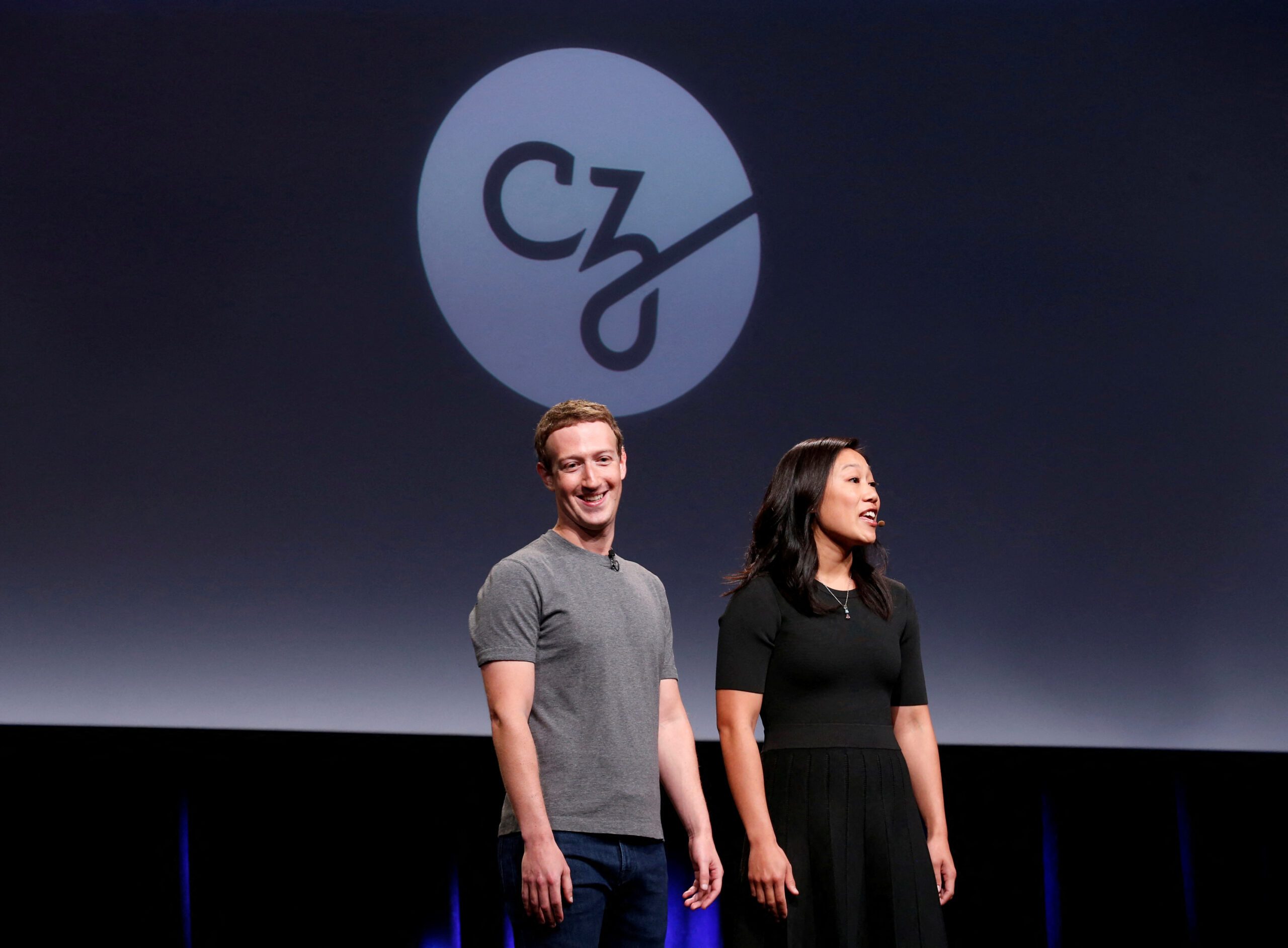SUMMARY
This is AI generated summarization, which may have errors. For context, always refer to the full article.

Meta CEO Mark Zuckerberg’s philanthropy venture plans to build a computing system powered by artificial intelligence for life sciences research to study human cells and diseases.
The Chan Zuckerberg Initiative, created by Zuckerberg and his wife Priscilla Chan, will use the computing system to run openly available AI models, the philanthropy venture said on Tuesday.
AI has been used in the life sciences domain for some years. Among the popular platforms, Google DeepMind’s AlphaFold can predict protein structures, while Nvidia’s RadImageGAN, an AI model for radiology, can catch a broad range of medical conditions, including stroke, heart attack, and cancer.
“Bringing the power of generative AI to biology at scale will allow researchers to incorporate these technological advances into their work, which will accelerate efforts to cure, prevent, or manage all disease,” Chan said.
The system will be trained on datasets from software tool CZ Cell x Gene, as well as resources from Chan Zuckerberg Biohub Network and Chan Zuckerberg Institute for Advanced Biological Imaging, and publicly available data.
The move comes as Meta aggressively rolls out large language models, or LLMs, for businesses. The company released its latest Llama 2 model in July, and offered it for free to businesses of a certain size. Its predecessor Llama was launched in February, with both the models initially pitched to researchers.
Zuckerberg told investors in April that Meta could gain more from crowdsourcing to reduce infrastructure costs and maximize creation of new consumer-facing tools that might draw people to its ad-supported services than by charging for access to its models. – Rappler.com
Add a comment
How does this make you feel?





There are no comments yet. Add your comment to start the conversation.